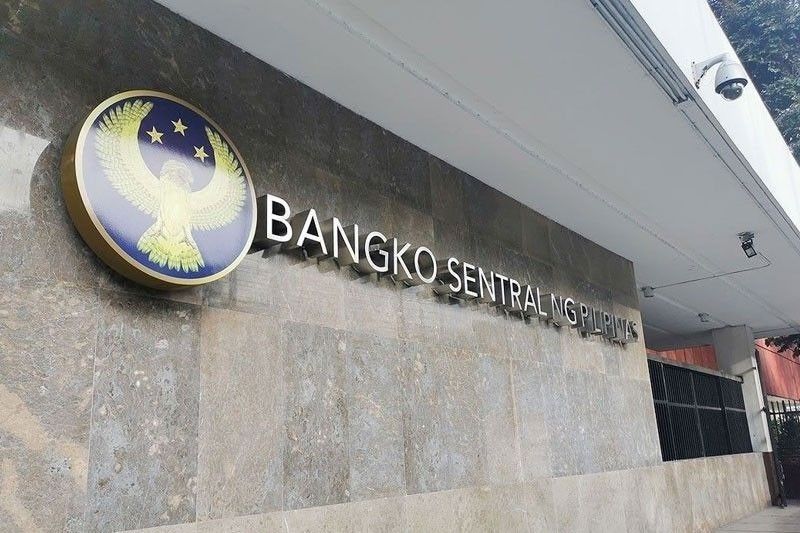‘Inflation downtrend gives Bangko Sentral ng Pilipinas room to cut rates’

MANILA, Philippines — The continued softening of inflation gives the Bangko Sentral ng Pilipinas (BSP) more elbow room to pivot the country’s monetary policy stance after aggressively raising interest rates to tame inflation and stabilize the peso, according to economists.
Metrobank Research, the research unit of Metropolitan Bank & Trust Co., said the BSP Monetary Board is likely to lower the benchmark interest rate by 100 basis points this year.
“We think that policy rates may not need to be as restrictive as current levels throughout the year, especially if core inflation continues to move lower, as the average difference between the BSP policy rate and domestic headline inflation (from 2009-2023) has been at 28 basis points compared to 260 basis points currently,” Metrobank Research said.
Headline inflation accelerated to six percent last year from 5.8 percent in 2022 amid soaring food and oil prices, breaching the BSP’s two to four percent target for second consecutive years.
The consumer price index eased for the third straight month to hit a 22-month low of 3.9 percent in December, the first time it eased within the two to four percent target range in 20 months or since the four percent recorded in March 2022.
Metrobank Research still expects inflation to breach the central bank target at 4.3 percent this year.
“Our above-target baseline forecast for 2024 remains largely driven by the risk of upward pressure on rice prices, given that exporting countries, particularly, Thailand and Vietnam, have cited that dry spells and flash floods last year have led to a forecasted fall in crops through to 2024,” it said.
It added that the December 2023 rice inflation, which stood at 19.6 percent, was the highest reported since March 2009’s 22 percent.
With the impending El Niño, rice inflation tracked the pick-up in Asian rice export benchmark prices. Thai rice prices rose to $659 per metric ton as of end-December from $640/MT in November, while the Vietnamese rice prices rose to $632.90 from $629.41/MT in November.
“While our estimates show that headline inflation will remain above the BSP’s target band from the second quarter of 2024 onwards, we think that dissipating price pressures in other non-volatile commodity prices as indicated by the move lower in core inflation, will make the case for the BSP to consider lowering rates as early as June,” Metrobank Research said.
HSBC economist for ASEAN Aris Dacanay said the inflation downtrend gives the central bank more room to cut interest rates after its tightening cycle. “The BSP now has more leg room to adjust monetary policy with the inflation outlook more benign,” Dacanay said.
He said the larger concern now is the differential between the BSP and the US Federal Reserve rates.
“Cutting ahead of the Fed may risk introducing volatility to the peso, which, in turn, can stoke inflation. Given this, we expect the BSP to cut its policy rate and reserve requirement ratio only when the Fed begins its easing cycle, which we expect to happen in the second quarter of 2024,” he said.
HSBC said that the extension of Executive Order 10 via EO 50, rolling over the low tariff rates for key food items, such as rice and pork, would help keep inflation within the three to 3.5 percent range in the second half of the year after breaching the target range briefly in the second quarter.
Rizal Commercial Banking Corp. chief economist Michael Ricafort said there is no urgency for the central bank’s Monetary Board to further raise interest rates.
Ricafort said the easing inflation trend in recent months, still relatively stronger peso exchange rate versus the dollar, and lower global crude oil prices would support a pause in local policy rates or at least reduce the urgency for any additional local policy rate hikes, especially if the Israel-Hamas war does not escalate in the Middle East.
- Latest
- Trending




























